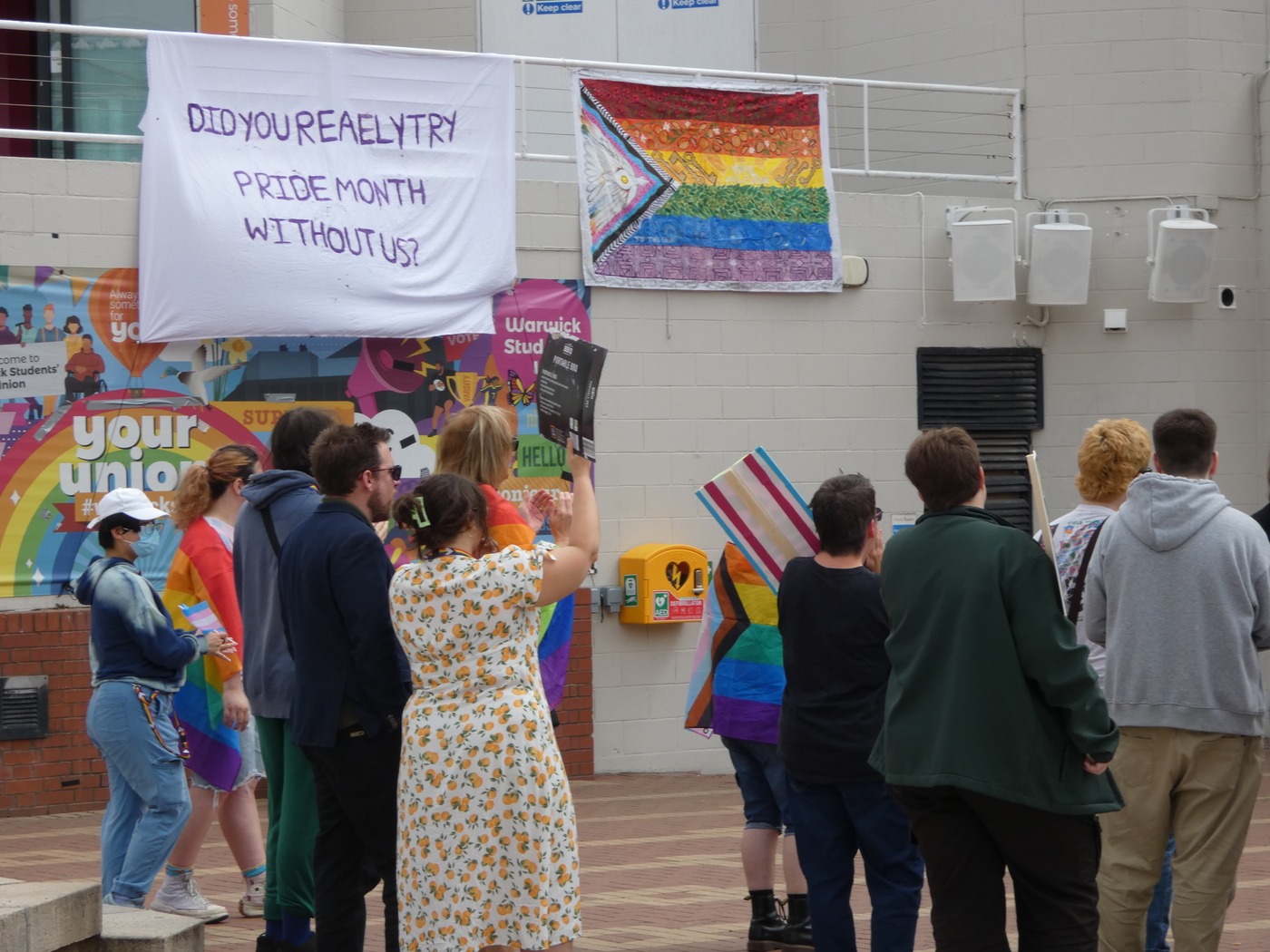Office for Students urges ‘very strong’ support for free speech on campuses
New guidance has been published for universities on how they should deal with inflammatory disputes such as pro-Palestine encampments and the targeting of gender-critical academics.
The Office for Students (OfS) has published the document to help universities “navigate” their future responsibilities under the Higher Education (Freedom of Speech) Act, which is due to come into effect this August.
The guidance, published on 19 June, highlights the need for a “very high bar” to be crossed in order for universities to take action to restrict lawful speech on campuses across the UK.
The document outlines plans for every university to have a ‘freedom of speech code of practice’ which must be ‘easily accessible’
Instead, the document recommends that universities pursue efforts to support constructive dialogue on issues that may be contentious.
The document outlines plans for every university to have a ‘freedom of speech code of practice’ which must be “easily accessible by students, members of staff, visiting speakers and those considering applying to be students”.
In addition, universities are strongly advised not to seek prolonged injunctions which would ban protest encampments. This follows the University of Cambridge’s attempt to have Israel-Gaza encampments blocked on several sites for up to five years.
The free speech laws are a hangover from the previous government, and despite being paused by Education Secretary Bridget Philipson, it was announced in January that Labour will be going ahead with them, albeit with the laws significantly amended.
In a 2024 OfS poll, 21% of all surveyed academics said they did not feel free to discuss ideas in their teaching that may be deemed as ‘challenging’
Nonetheless, prior to these amendments, an anonymous government source told the BBC that these laws could amount to an “antisemite charter”, owing to the possibility of Holocaust deniers being allowed onto campus.
Alongside the guidance, the OfS has published the results of a poll conducted in 2024, which found that 21% of all surveyed academics said they did not feel free to discuss ideas in their teaching that may be deemed as “challenging”.
This follows the warning of Arif Ahmed, the OfS’s Director for Freedom of Speech and Academic Freedom, that students should be prepared to be shocked and offended by views that they may find offensive, as this is all “part of the process of education”.
The National Union of Students UK (NUS UK), however, have labelled the guidance as “just more nonsense playing into the so-called ‘culture wars’”.
The guidance was issued after universities requested clarity from the OfS on how best to uphold freedom of speech following several campus controversies.
The University of Warwick continues to stress its ‘legal duty and commitment to freedom of speech’, as told to The Boar in the wake of June’s ‘Pride is a Protest’ demonstration
The University of Sussex was fined £585,000 by the OfS in March for failing to uphold freedom of speech in the case of Kathleen Stock, a professor of philosophy, who resigned following intense protests by students against her gender-critical views.
The University of Warwick continues to stress its “legal duty and commitment to freedom of speech”, as told to The Boar in the wake of June’s ‘Pride is a Protest’ demonstration.
During the protest, participants branded the University’s temporary update to its Trans Inclusion Code of Practice as “trans erasure”, their anger directed at a move which would have barred transgender students from using toilets which align with their gender identity.
The University added: “We fully respect people’s right to lawful and peaceful protest.”

Comments